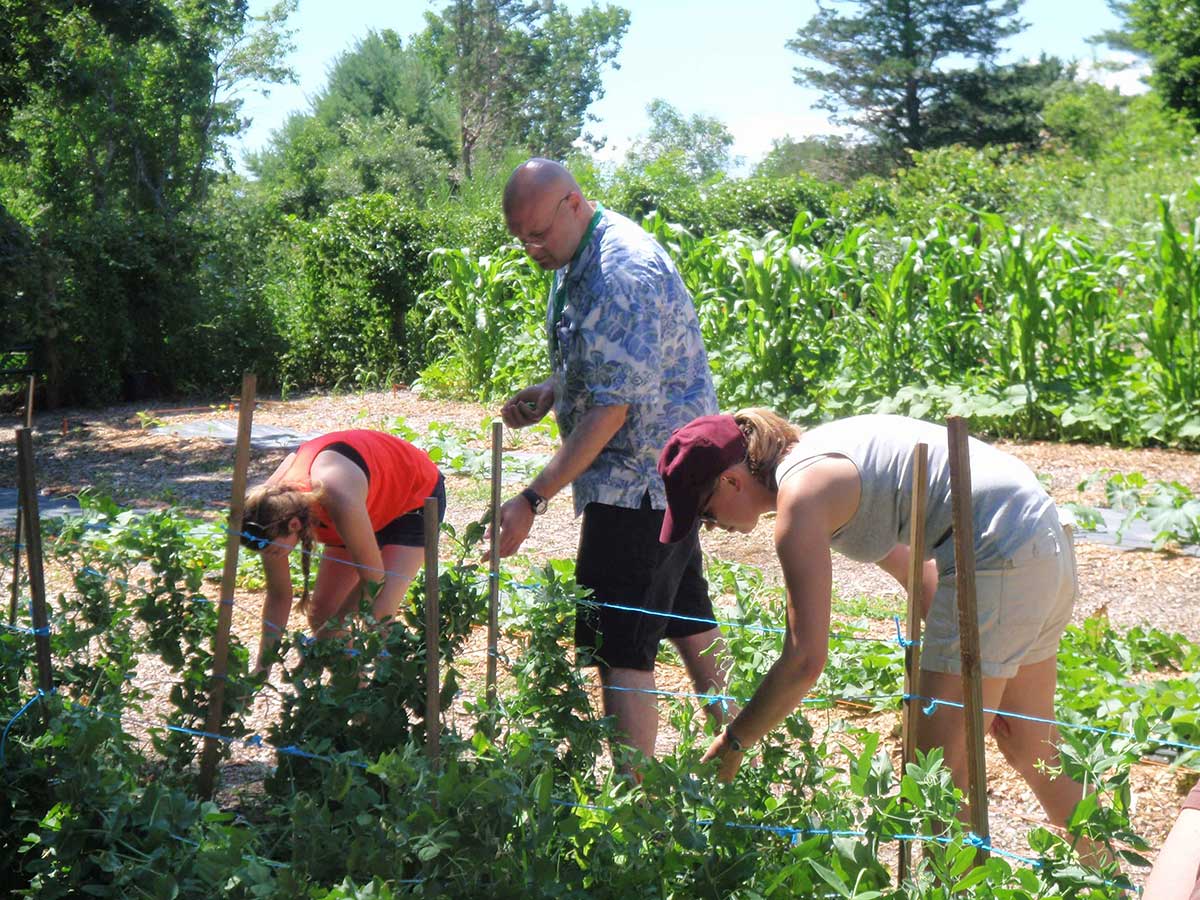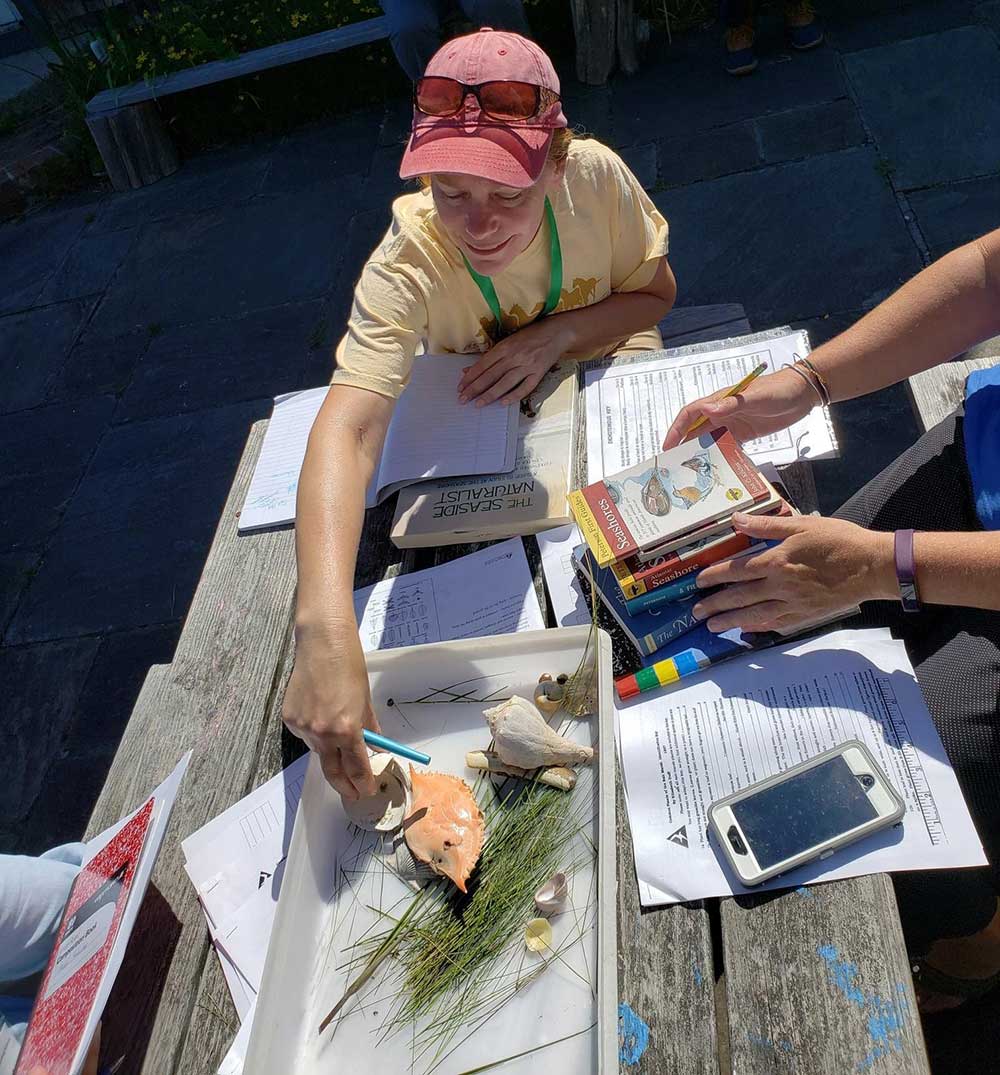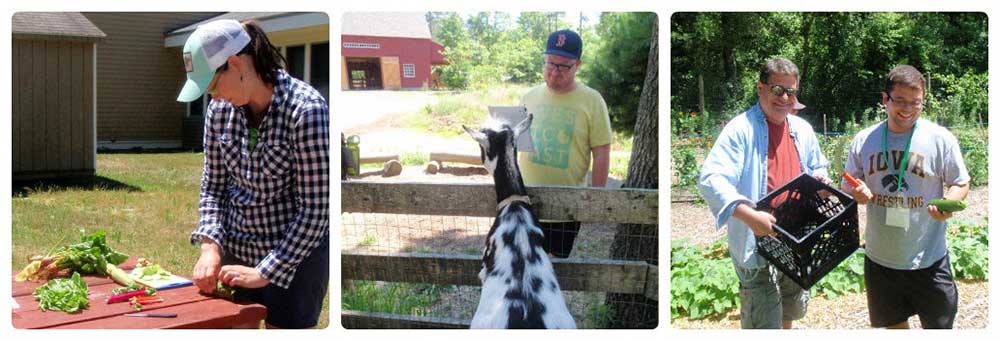Tuesday, October 9, 2018
For Immediate Release
Sustainability on Cape Cod:
Teachers Expand Their Science Curriculum
Bourne, MA – Middle and high school teachers explored the science of sustainability through inquiry-based activities and field trips during the July 9 – 13, 2018, Cape Cod Region Summer Professional Development Institute offered by the Museum Institute for Teaching Science (MITS, Inc.). During the course, coordinated by the National Marine Life Center in Buzzards Bay, participants learned about science and engineering solutions developed to reduce human impact on the environment.
Teachers witnessed cutting-edge aquaculture research, with a focus on sustainable fisheries, at the Woods Hole Oceanographic Institution laboratories. They viewed oyster aquaculture tables on the mudflats of Mass Audubon’s Long Pasture Wildlife Sanctuary, and observed how oysters are used as natural water filters at Kingman Yacht Center. On a behind-the-scenes tour at Massachusetts Maritime Academy, participants learned more about sustainable aquaculture of fish and lobsters, as well as the renewable energy technologies, like wind turbines and solar panels, that power the campus.

Educators explored organic farming methods at Camp Burgess.
Throughout the institute, teachers drew connections between the various science topics covered and participated in inquiry-based investigations that will enable them to introduce sustainability concepts into their classrooms through hands-on, minds-on activities. They focused on the big picture – human activity can negatively impact the earth, but scientists and engineers are developing solutions to reduce these outcomes. Applying their new knowledge, educators designed inquiry-based lessons that will tap their students’ ingenuity and help them develop their own sustainable solutions to real-world problems.
What did teachers say about the institute?
“I think that there were tons of great ideas for lessons and resources. It was also good to do group activities in order to get to know colleagues.”
“I really liked the honest professional conversation about what would work for us in a real classroom environment and what wouldn’t.”
In November, these teachers will regroup to explore more ways to engage their students in hands-on, minds-on learning about sustainability. They will share how they’ve used their Summer Professional Development Institute experiences to enhance their classroom science activities, and exchange ideas on how to bring more inquiry to their science curriculum.
###
The Museum Institute for Teaching Science specializes in providing hands-on, minds-on, inquiry-based STEM professional development for formal and informal educators. For more information, visit www.mits.org or call 617-328-1515.


